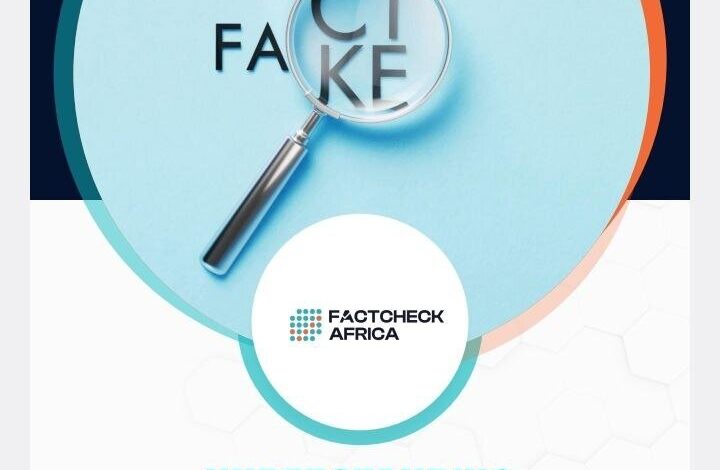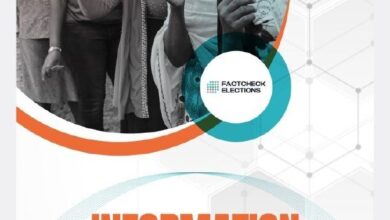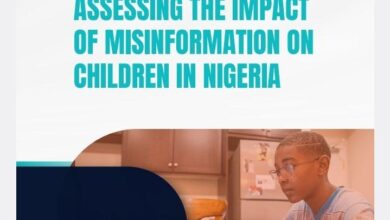[DOWNLOAD] Understanding and Countering Misinformation and Disinformation in Nigeria: Legal, Social, and Comparative Perspectives

Misinformation and disinformation have emerged as significant global challenges in the digital age, affecting societies, democratic processes, public health, and economies. Like many other nations, Nigeria grapples with the complex and pervasive impact of false narratives on its social fabric and information ecosystem. This research comprehensively analyses the prevalence and impact of misinformation and disinformation in Nigeria. It explores their influence on various aspects of society and the effectiveness of existing legal and regulatory frameworks in countering this phenomenon.
The study unveils the multifaceted nature of misinformation and disinformation, encompassing fabricated content, manipulated information, imposter content, and misleading context. Furthermore, it examines the role of technological advancements, social media platforms, cognitive biases, echo chambers, and algorithmic amplification in facilitating the spread of false narratives within the Nigerian context.
The research evaluates Nigeria’s legal and regulatory framework, focusing on the Cybercrime Act (2015), the National Broadcasting Commission (NBC) Code, the National Information Technology Development Agency (NITDA) Guidelines, and the Protection from Internet Falsehoods and Manipulation Bill. While these measures exhibit strengths in comprehensive coverage and collaborative efforts, they also reveal weaknesses and gaps, underscoring the need for targeted interventions to address the challenges of misinformation and disinformation more effectively.
The study examines experiences and strategies employed in other African, European, Asian, and global countries to tackle misinformation and disinformation. Insights from these experiences illuminate best practices and offer valuable recommendations for Nigeria’s context, fostering knowledge exchange and international collaboration in the fight against false narratives.
The research advocates integrating media literacy programs, fact-checking initiatives, and public awareness campaigns to empower individuals with critical thinking skills and cultivate responsible information consumption. Additionally, it emphasises the importance of stakeholder collaborations, including partnerships between media organisations, government institutions, civil society, and technology platforms, in countering the spread of false information. By implementing evidence based interventions and fostering collaborative efforts, Nigeria can build a more informed, resilient, and empowered society to navigate the challenges of misinformation and disinformation in the digital era.
Click here to download the research

